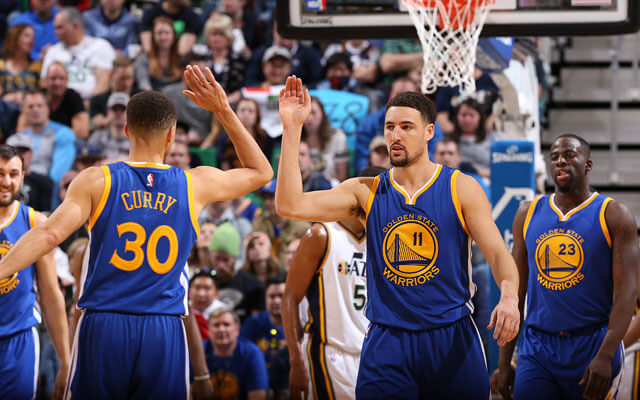Building a Dynasty: How Successful Basketball Teams Maintain their Championship Pedigree

Delving into the complex mechanics of maintaining a basketball dynasty, we find ourselves encircled by an intricate labyrinth of interconnected elements. Each constituent, no less significant than the other, culminates into a harmonious symphony that gives rise to a successful basketball team. Exploring this concept, we unravel the diverse facets involved in the fabrication of a legacy, illuminating the keys to unyielding dominance in the world of professional basketball.
Identifying the Cornerstones of Dominance
In the intricate tapestry of team-building, the weaving process commences with the crucial step of acquiring talent. Skilled scouts and astute front office personnel become the harbingers of this process, pinpointing promising young athletes and nurturing them into full-fledged superstars. Concurrently, a magnetic pull towards eminent free agents is generated by a strong winning culture, making the team a coveted destination for established talents.
Strong leadership forms the bedrock of every resounding dynasty, characterized by an adept coach who excels in honing players' skills, fostering a robust winning mentality, and cultivating healthy team chemistry. The latter, in particular, often makes the difference between a team of talented individuals and a cohesive unit that transcends the sum of its parts.
The prudent management of finances emerges as a fundamental pillar in the creation of a dynasty, with the ability to balance lucrative player contracts and maintain fiscal compliance often being the determinant between prolonged success and fleeting glory.
The Art of Crafting a Winning Culture
Every elite basketball team thrives on a winning mentality that permeates every rank, beginning from the ownership down to the players. Coupled with the mindset is a relentless pursuit of improvement, where adaptability becomes a key virtue. With the game of basketball perpetually evolving, the willingness to adjust and improve becomes a critical factor in staying ahead of the competition.
Veteran players often serve as the torchbearers of this winning culture, fostering leadership and mentorship that primes younger players for the rigors of championship pursuits. As the twilight of their careers approach, these seasoned athletes ensure the continuity of the team's winning ethos through the process of mentoring and passing the torch to the next generation of stars.
Lessons from the Legends
In the contemporary epoch, the Golden State Warriors revolutionized the game with their emphasis on three-point shooting and swift play. The legacy they cemented is a testament to the power of innovation and adaptation in sustaining dominance.
In the grand arena of basketball, the path to building a dynasty is intricate and demanding, requiring a meticulous blend of talent, leadership, adaptability, and an unyielding winning culture. As teams navigate this labyrinth, the ones that can skillfully integrate these elements will find themselves standing on the zenith, leaving an indelible mark on the pages of basketball history.

